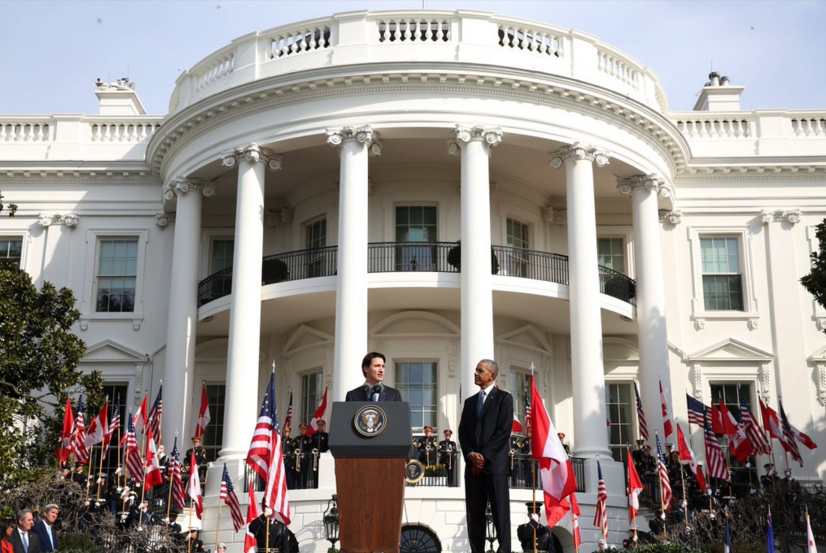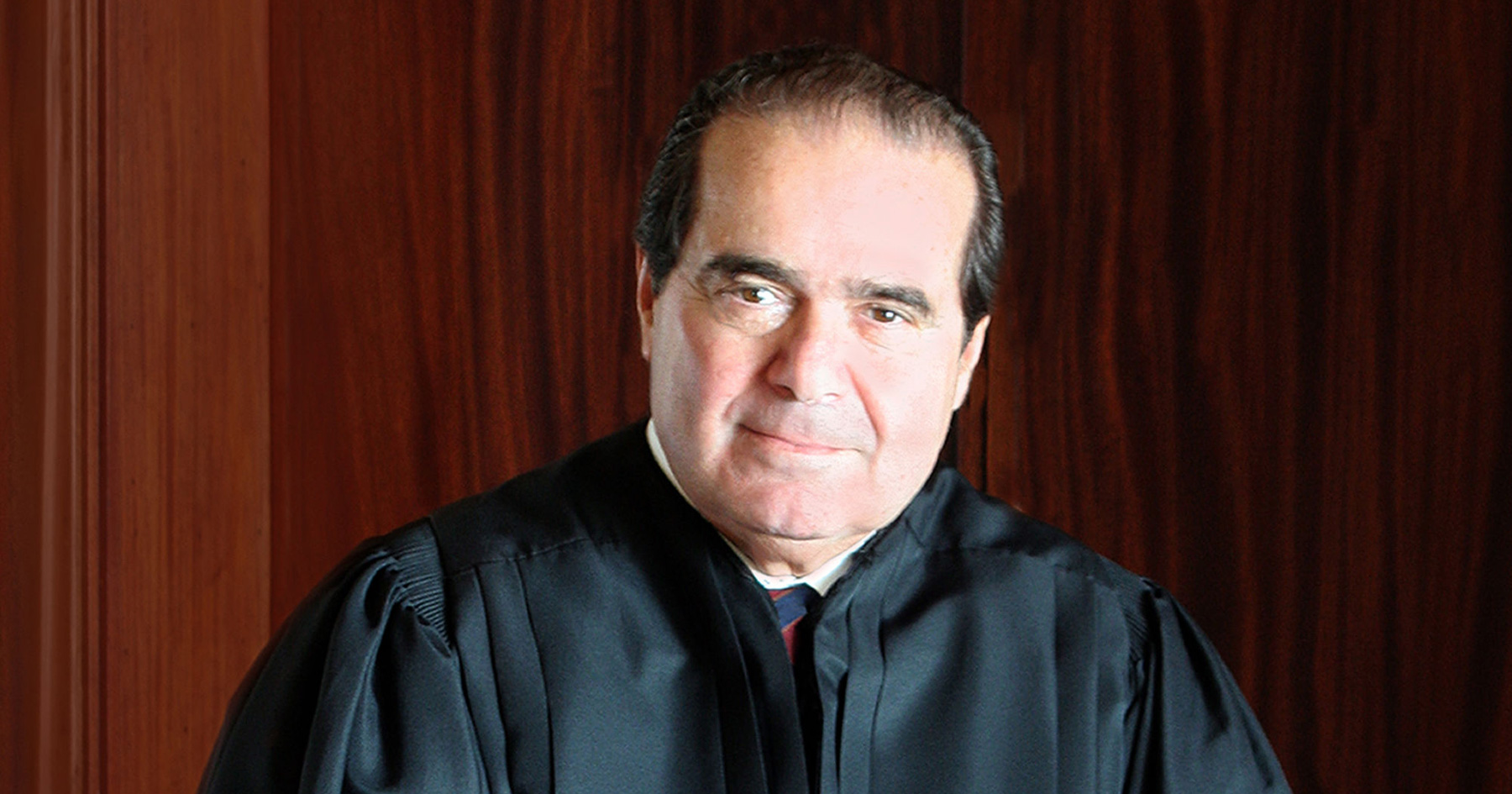President Obama Just Got Serious About His Supreme Court Nominee

By:
On Thursday, President Obama doubled down on his call for Senate Republicans to uphold what he deemed to be their constitutional duty to vote on a U.S. Supreme Court nominee while he remains in office. The president addressed the nomination controversy during a joint press conference with Canadian Prime Minister Justin Trudeau, who is on his first official visit to the U.S. since he was elected last year.
 Twitter/Justin Trudeau - twitter.com
Twitter/Justin Trudeau - twitter.com
"In terms of who I select, I’m going to do my job," Obama said. "My expectation’s going to be: Will the Senate do its job, as outlined in the Constitution?"
As outlined by the Constitution, the duties of appointing a Supreme Court justice are divided between the president and congress as such:
"[The President] shall have power, by and with the advice and consent of the Senate, to make treaties, provided two thirds of the Senators present concur; and he shall nominate, and by and with the advice and consent of the Senate, shall appoint ambassadors, other public ministers and consuls, judges of the Supreme Court, and all other officers of the United States, whose appointments are not herein otherwise provided for, and which shall be established by law: but the Congress may by law vest the appointment of such inferior officers, as they think proper, in the President alone, in the courts of law, or in the heads of departments."
 Wikimedia Commons/The Oyez Project - wikimedia.org
Wikimedia Commons/The Oyez Project - wikimedia.org
The death of Justice Antonin Scalia last month left a vacant seat on the Supreme Court bench, and efforts to fill that seat under the Obama administration have become a source of contention in Congress. Obama maintained that he would nominate a justice despite the fact that Senate Republicans, including Senate Majority Leader Mitch McConnell (R-KY), have vowed to block any nominee until the next president is elected.
During the press conference, Obama emphasized that members of the Senate have a constitutional responsibility to vote on a nominee just as it is his duty to nominate a justice. For Senate Republicans to shirk that responsibility represented a break with the party's "principles," he said.
"That’s precisely the kinds of interpretive approach that they vehemently reject and that they accuse liberals of engaging in all the time," Obama said. "Well, you can’t abandon your principles — if, in fact, these are your principles — simply because they have political expedience. So we’ll see how they operate once a nomination has been made."
Sen. Elizabeth Warren, D-Mass, has made similar arguments about the Supreme Court issue in recent weeks. On Wednesday, she accused Senate Republicans made allegations of hypocrisy against senators who engage in obstructionist behavior while at the same time denouncing the extremity of presidential candidates Donald Trump and Sen. Ted Cruz, R-Texas.
"If Republican Senators want to stand up to extremists running for President, they can start now by standing up to extremists in the Senate," Warren said. "They can start by doing their jobs."
As ATTN: previously reported, this type of obstructionist action is not exclusive to Republicans in the Senate. There have been example of Democrats — including Vice President Joe Biden in 1992 — who've called for delays in the nomination of Supreme Court justices until the next president was elected.
